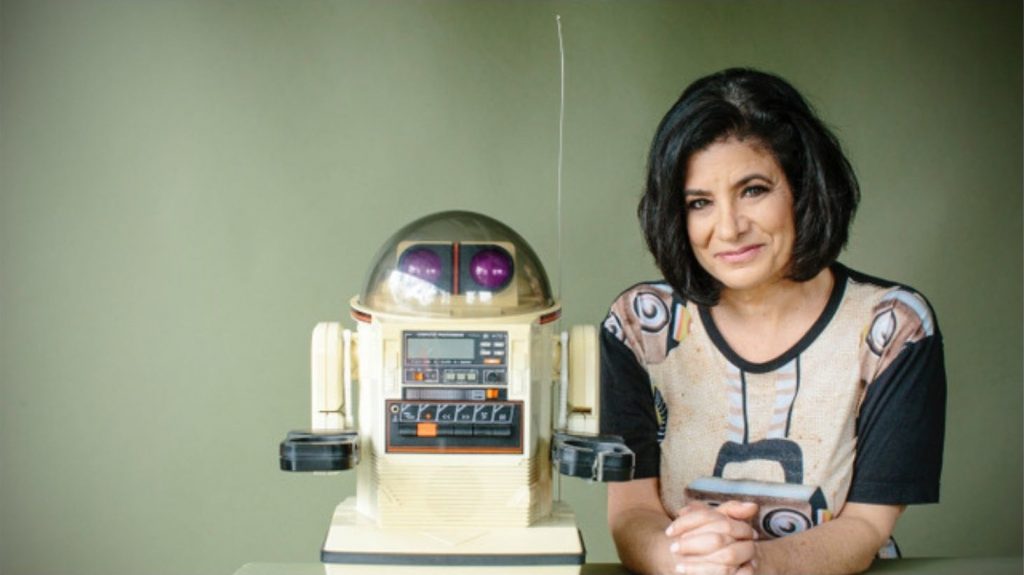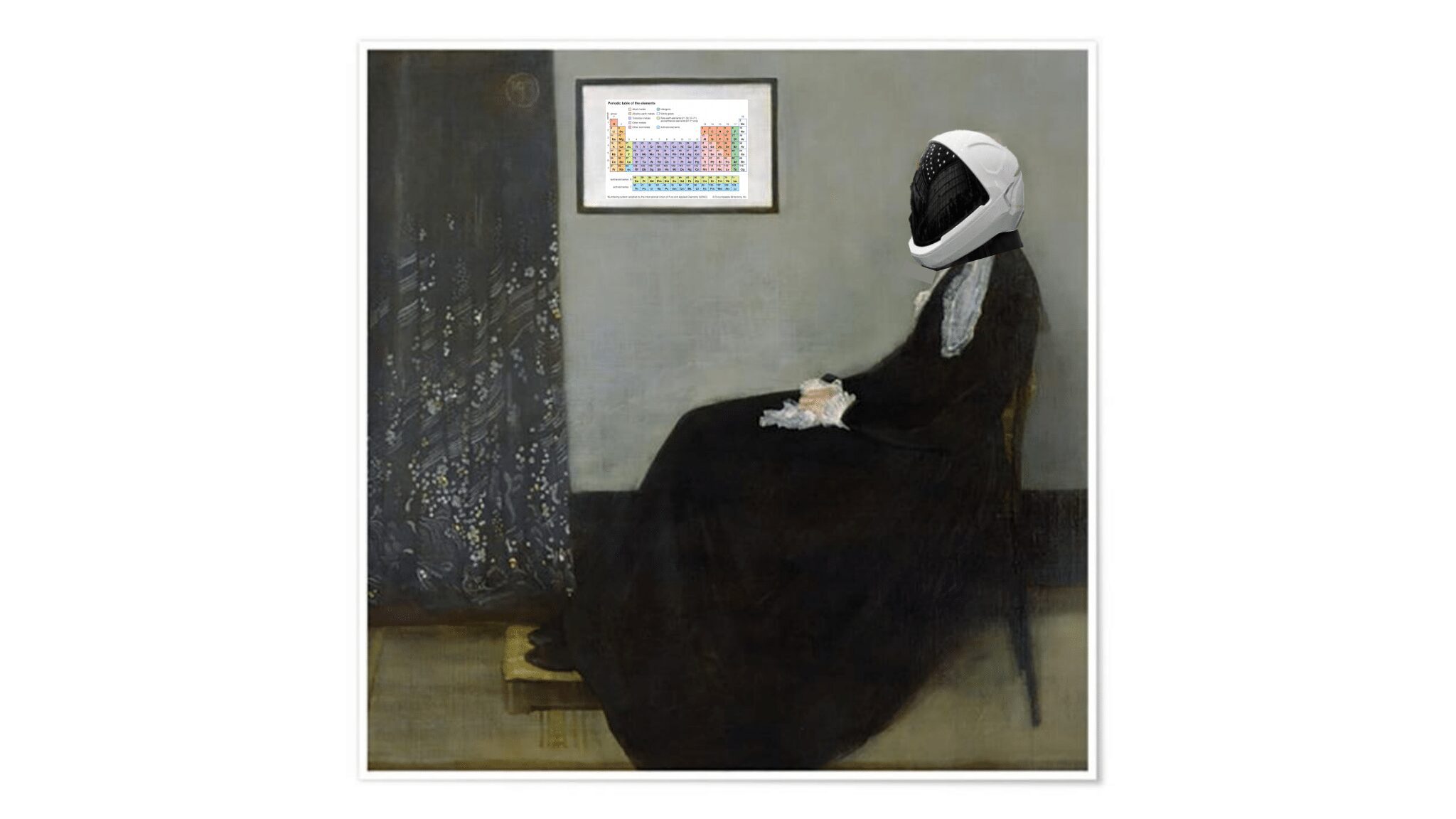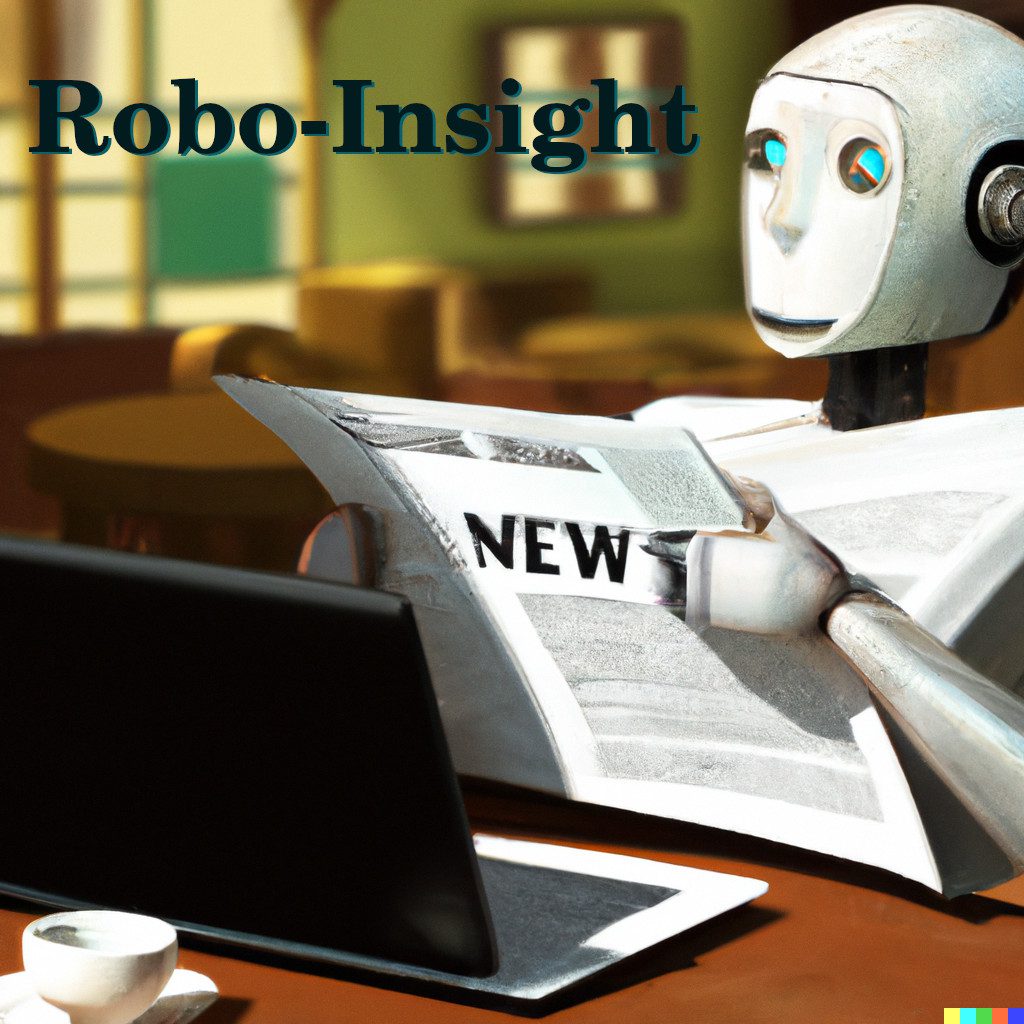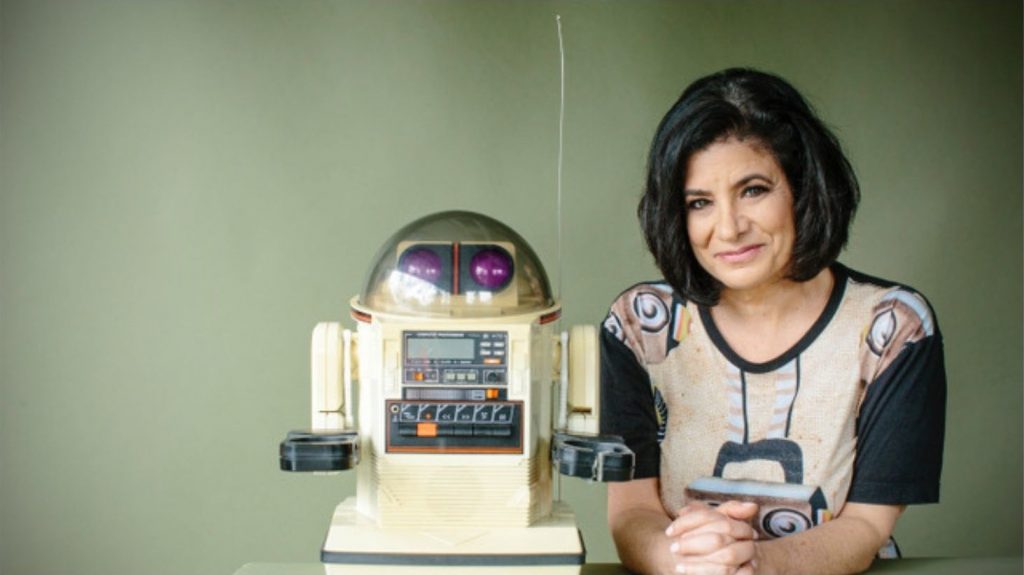
It is with great sadness that I am sharing that Joanne Pransky, the World’s First Robotic Psychariatrist, and who Isaac Asimov called the real Susan Calvin passed away recently. I had several delight conversations with her, including an interview and moderated panel.
Joanne was a tireless advocate for robotics AND for women in robotics. She didn’t have advanced degrees in robotics but had worked in the robotics industry and then in robot trade journals- she had quite the eye for finding really useful technology versus hype. Her enthusiasm and passion for constantly learning was an inspiration to me and I was privileged to know her as a friend. I interviewed her a few years ago about Asimov which you can see here. She points out how amazing Asimov was- at 19 years old writing about robots and imagining them in a positive way, as helpers, companions, tools to enable us to do more of the “human” stuff- not the shoot-em-up, take over the world Frankenstein monster motif. Joanne was one of the first to really push what is now called human-centered robotics– that there is always a human involved in any robot system.
Since she knew Asimov, she was in a good position to discuss Dr. Susan Calvin- possible the worst stereotype of a woman roboticist ever- no family, no friends, totally obsessed by work. You definitely should hear her discussion- I don’t want to spoil it by trying to paraphrase it. I don’t know if Alec Nevala-Lee, the author of Astounding:John W. Campbell, Isaac Asimov, Robert A. Heinlein, L. Ron Hubbard, and the Golden Age of Science Fiction- a terrific book, you should read it, would agree but it definitely adds a new dimension to understanding- and enjoying- Asimov’s robot stories.
I also moderated the 100 Years of R.U.R. panel with Joanne and Jeremy Brett for the 2021 We Robot conference. Her talk and comments were brilliant. While I had always heard that “robot” came from the Czech word “robota”, she pointed out that “robota” stems from the Greek work “orphanos” which means a change in status (like being orphaned) – where the “o” and “r” are switched in Slavic languages. So the roots in R.U.R. aren’t just drudgery, it is that being a robot is also a lower status. Both words convey exactly what Capek was trying to express about the dehumanization of workers. What an interesting detail!
That sums up Joanne: smart, seeing things that others missed, warm, positive, enthusiastic, engaging, wanting everyone to know more, do more, have a better life through robotics.
Joanne, I miss you.
And if you never met her, please check out her interview:
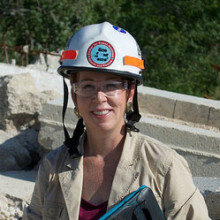

Robin Murphy is a Raytheon Professor of Computer Science and Engineering at Texas A&M University and Vice-President of the not-for-profit Center for Robot-Assisted Search and Rescue


